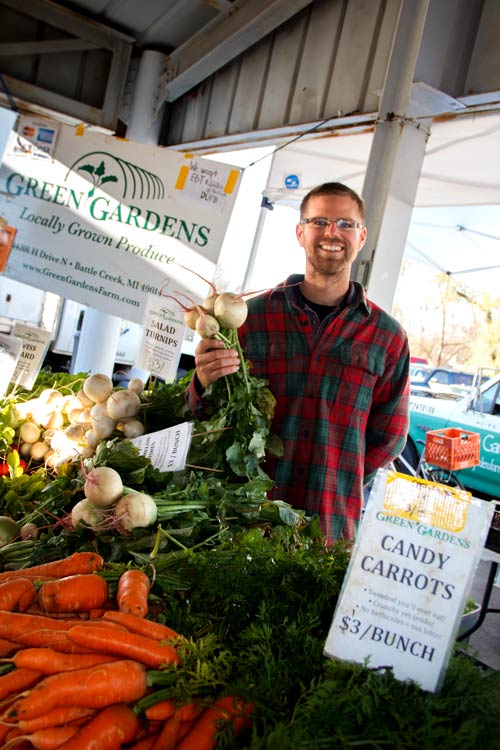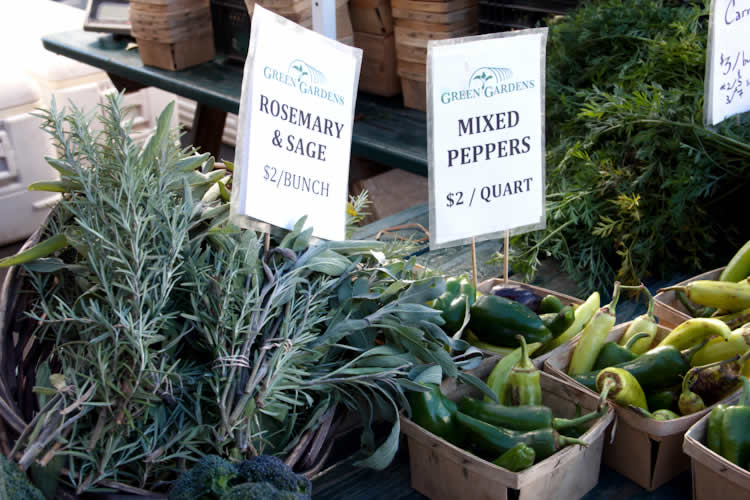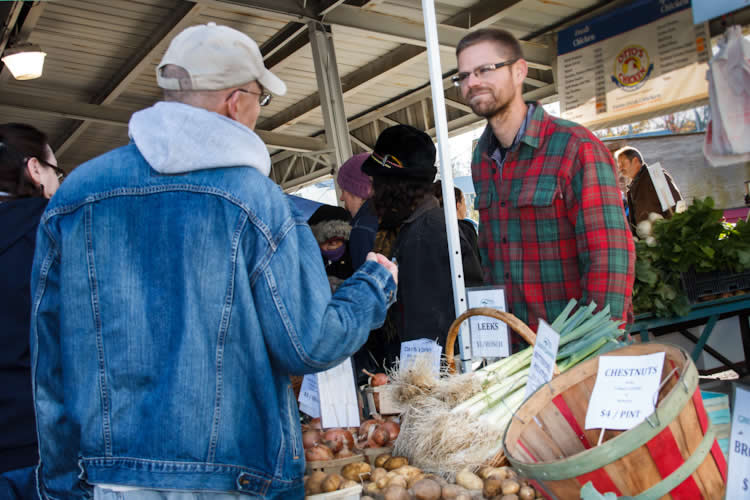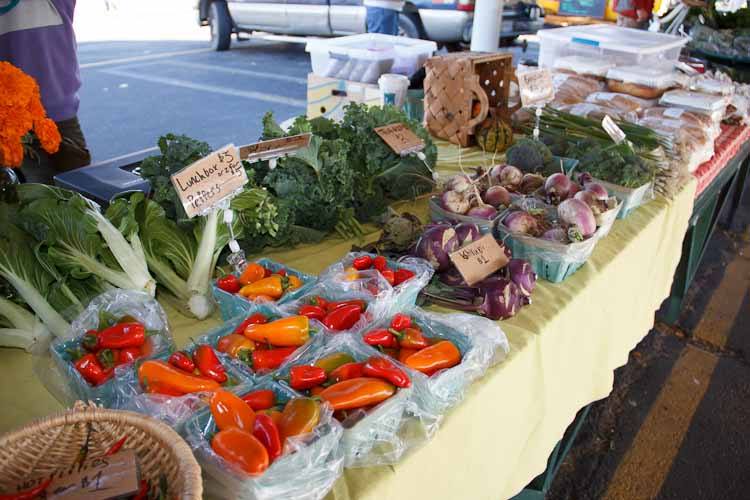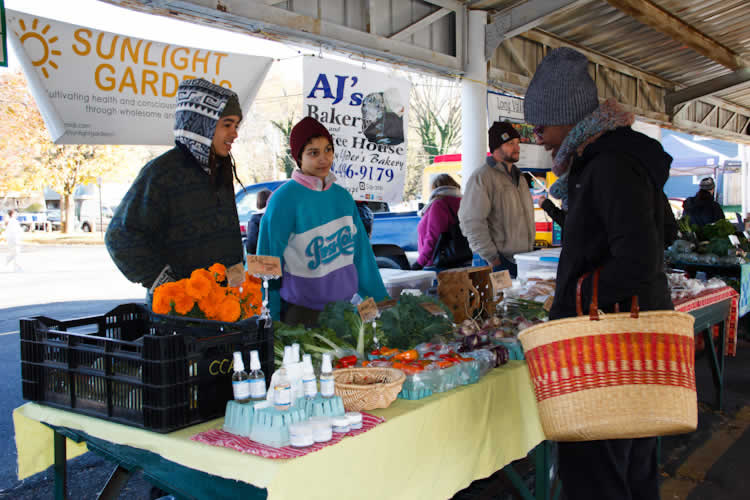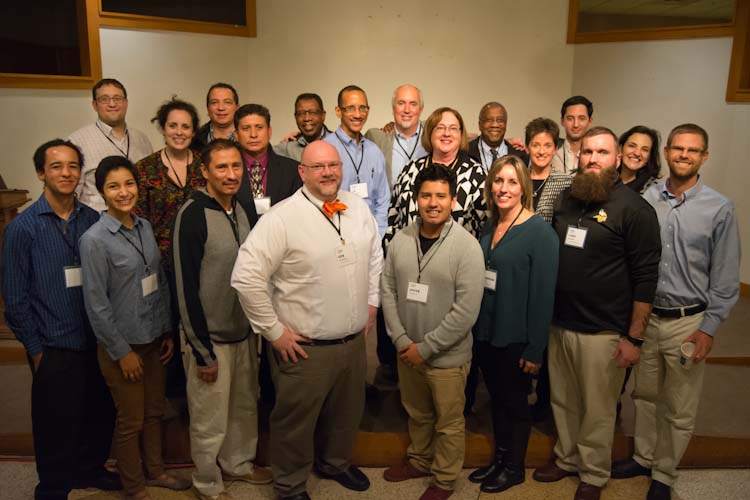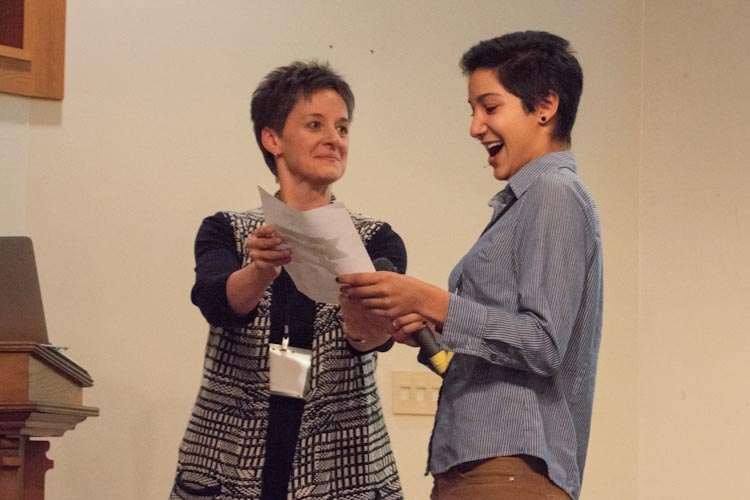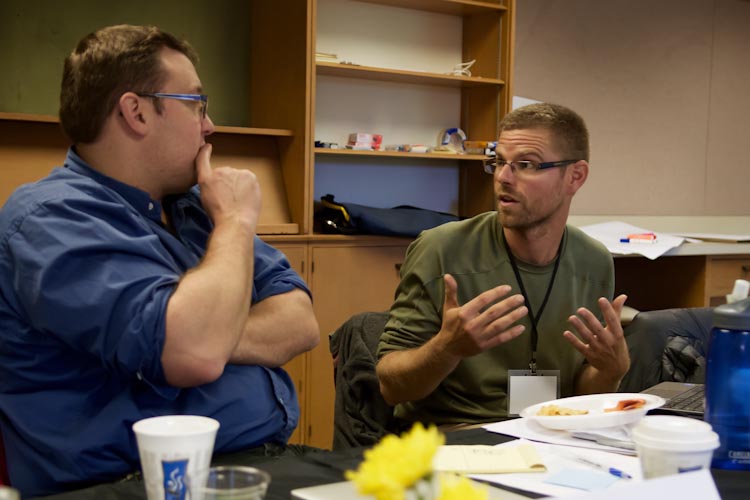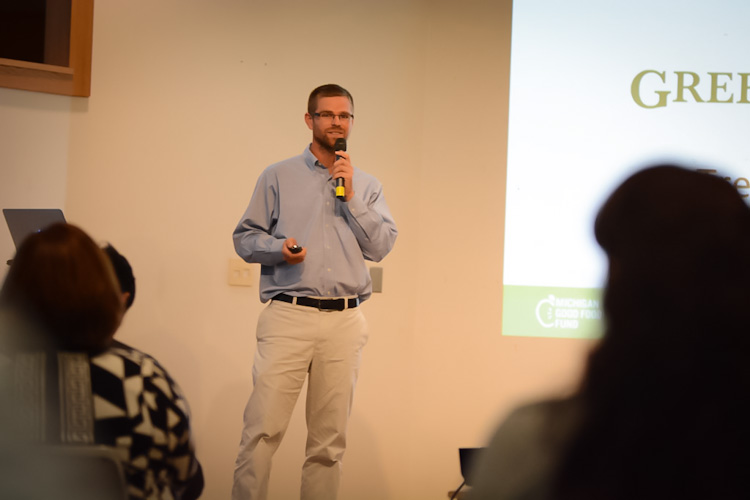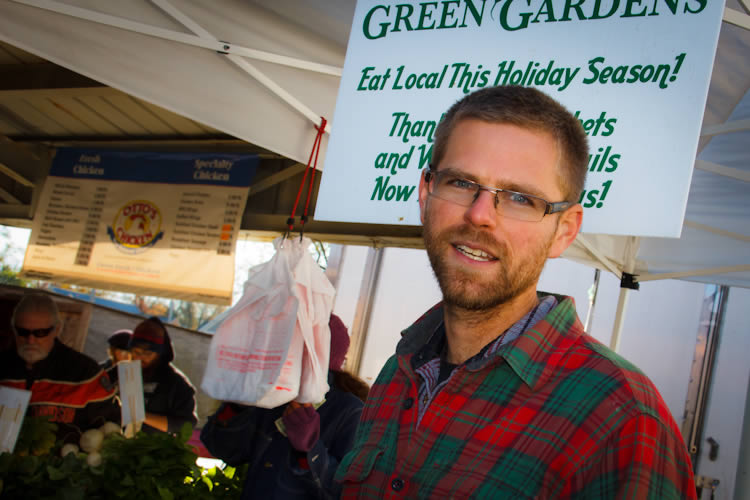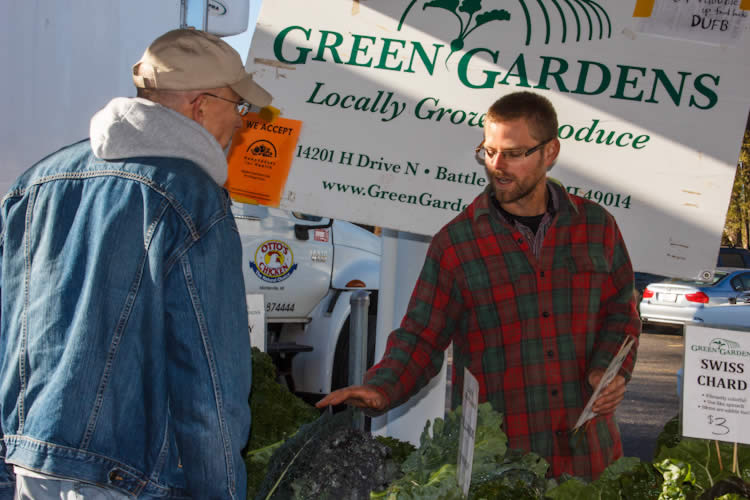Food entrepreneurs get bootcamp boost: Local startups learn fundamentals to expand fresh food access
Food entrepreneurs learn how to do business better in bootcamp just for them.
Trent Thompson’s not starving on his 20-acre farm, but he’s not getting rich either.
As he prepared to harvest 5,000 pounds of kohlrabi in early November, he says he never imagined he would be a farmer, let alone an entrepreneur searching for ways make more money. Rather, he wanted to join the Peace Corp.
To gain admission into the Peace Corp, he had to learn how to farm fruits and vegetables. He moved out West to learn–until he got homesick for Battle Creek. That homesickness ended all visions of international travel. Instead, he returned to his roots and started a farm to meet the emerging need for locally grown produce.
He now wears the title of food entrepreneur. With that comes bookkeeping, managing employees, payroll, tracking profits and losses, marketing, sales, and strategic planning. His forestry degree from Michigan State University didn’t cover a single one of these.
“I’m really good at growing vegetables,” he says. “Putting them into the hands of customers is more challenging. I need to get better at that.”
The Michigan Good Food Fund is working to change that situation. Thompson and five other Battle-Creek area food entrepreneurs were selected for a recent three-day Business Bootcamp. It is essentially an MBA crammed into a weekend, says instructor Jay Friedlander, also a food entrepreneur and chair of Green and Socially Responsible Business at the College of the Atlantic in Bar Harbor, Maine.
“What’s unique about food entrepreneurs is that they get involved because they’re passionate about it, not because they have the necessary business skills,” he says. “The interesting thing is the better they can run their business, the better they can do their craft, and that has a ripple effect on the community and the region.”
The Battle Creek Business Bootcamp is modeled after an annual event in Boston. The training challenges food entrepreneurs to come up with their unique value proposition and share it through storytelling. They grapple with questions that are fundamental to their businesses’ existence: Where do they have their biggest value? What unique service do they offer that no one else does? How can you do more of what you are good at? And why does it matter?
With each new layer of training, they review their business story and look for the ingredients they need to make their business bloom. The training allows them to see their businesses through fresh perspectives. They see what their business is all about. It gives them focus. It gives them a plan for growth and investments. And it gives them a clear purpose they can use to woo customers, says Emilie Engelhard, Food Fund communications director.
The program culminates with a pitch competition where the entrepreneurs present their business stories to a live audience and a panel of judges. The story includes their big ask: How they would use the $10,000 prize to get more fresh food into the hands of underserved members of the community. The award can be used to make business investments or purchase marketing or consulting services.
While local food businesses are overwhelmingly small operations, their economic impact is substantial. Economist Michael H. Shuman found that a dollar spent on a local business typically yields two to four times the economic impact as an equivalent non-local business. Shuman’s research suggests that if Michigan residents bought 20 percent of their food from local producers, it would create more than 42,000 jobs and generate $2.9 billion growth in the economy.
“Local food supports the local economy, it is regenerative to the landscape, and it brings back biodiversity,” Friedlander says. “This creates a win for everyone. It is reweaving the economy back together so you know the people who are supplying your food and you know where those dollars are going.”
Through the training, Thompson saw that he really needed financial services to see where he is most profitable and be able to focus his energies there for future growth.
While the $10,000 prize didn’t ultimately go to Thompson, he says everyone saw how the winners, Sunlight Gardens of Battle Creek, is hitting the goals of the Good Food Fund of getting fresh food into underserved local communities.
He also saw business relationships forming among all the participants. Those relationships will support business growth for everyone.
In addition, Thompson received offers from people in the audience who provide the very financial service he needs to make his business grow.
The Michigan Good Food Fund sponsored the bootcamp in partnership with W.K. Kellogg Foundation, MSU Center for Regional Food Systems, and Capital Impact Partners. To learn more, visit MIGoodFoodFund.org and follow the fund on Facebook and Twitter @MIGoodFoodFund.
Anne Hamming is a freelance writer, editor, and life coach in southwest Michigan.
Southwest Michigan’s Second Wave previously featured Thompson’s farm in 2014 for the unique way its operations were being funded.
This article is part of Michigan Nightlight, a series of stories about the programs and people that positively impact the lives of Michigan kids. It is made possible with funding from the W.K. Kellogg Foundation. Read more in the series here.

